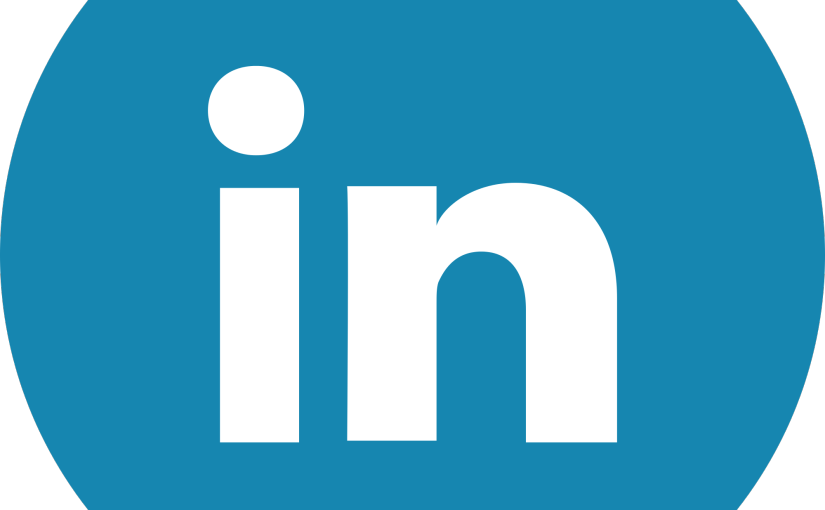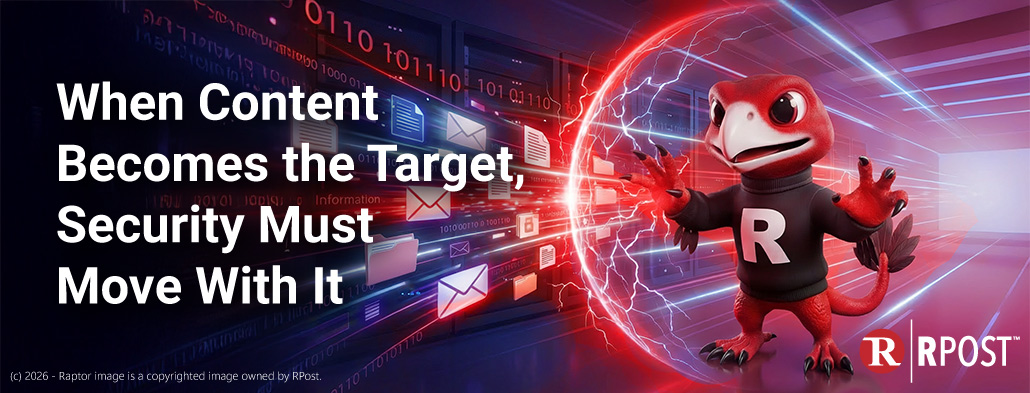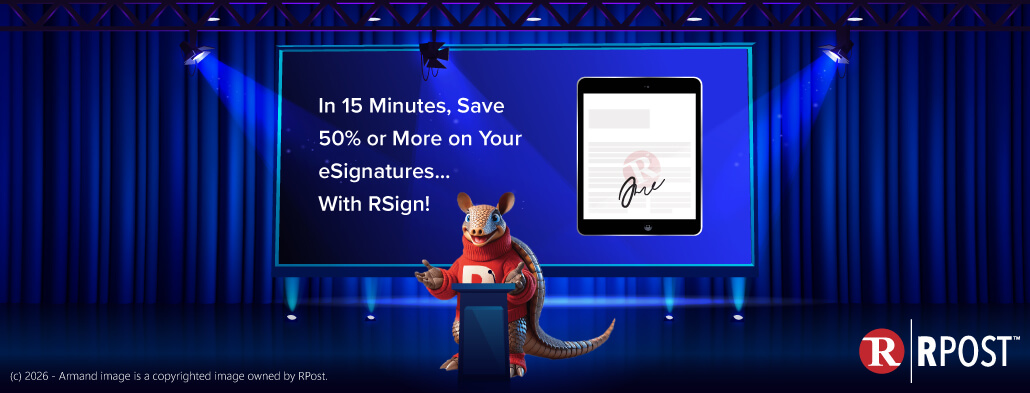
Earlier this week, Microsoft announced its acquisition of social networking site LinkedIn for $26.2 billion.
Satya Nadella, CEO of Microsoft, summarized the acquisition as follows: “We are in pursuit of a common mission centered on empowering people and organizations.”
What will this mean to the 1.2 billion Microsoft Office users around the world?
For example, Satya states as an example of the vision, “This combination will make it possible for new experiences such as a LinkedIn newsfeed that serves up articles based on the project you are working on and Office suggesting an expert to connect with via LinkedIn to help with a task you’re trying to complete.”
How will Microsoft Office (i.e. LinkedIn) know what project(s) you are working on? They will likely adopt Google’s Gmail model of analyzing your message content as you type, or the message content on email you received, associated with the professional profile of the sender or recipient (from LinkedIn). They might then push the data into advanced algorithms for artificial intelligence driven messaging bots, to interact with and help you.
Considering the amount of investment already committed towards turning this vision into reality, the world we live in looks like it will increasingly be littered with the crumbs of metadata one leaves behind when doing anything online. The difference now is that there are three financial and technology powerhouses bent on making this a reality (first Google, then Facebook, now Microsoft. Soon, Apple and Amazon?)
As Satya further stated, “…with LinkedIn becoming a part of Microsoft, that profile data can become natively integrated into Microsoft’s Office products and other communications apps. Those apps could then share their data back with LinkedIn, too.”
What you type, what you receive, what you name files and folders, what you entitle PowerPoint presentations, who you schedule calendar meetings with, what you type in Skype chat sessions; all of this may have a role in Microsoft’s reported vision, as metadata that will assist you as a user (and assist those targeting you with advertisements).
If Microsoft follows Google’s playbook or if its own Windows 10 upgrade experience is any indication, opting out of this metadata-informed experience will be extremely difficult to do, or will result in limited product functionality. What will become increasingly important in this new world are products that connect into these platforms (Microsoft Outlook and Gmail) and run seamlessly within these platforms, providing the ability to send select messages or exchange signoff on confidential agreements, privately, for example.
After all, once a profile is created on you, it becomes incredibly easy for your own information to work against you. For example, retailers can choose to discriminate against you based on your profile (read past Tech Essentials article: “Retailers are Using Your Online Activity to Make You Pay More”), and your private strategic interests may be unwittingly exposed in the future (read past Tech Essentials article: “Does the New Era of Mega-Leaks Obsolete Attorney-Client Privilege?”)
RMail for Gmail, and RMail for Outlook integrate seamlessly into Gmail and Microsoft Outlook (including Outlook for Office 365), providing a simple way to add all-in-one privacy, compliance, and productivity features to these platforms. Learn more about RMail.

February 06, 2026

January 30, 2026

January 23, 2026

January 16, 2026

January 09, 2026